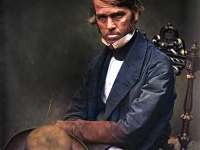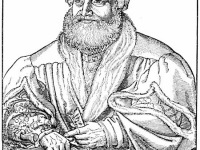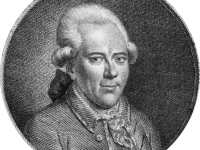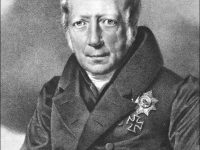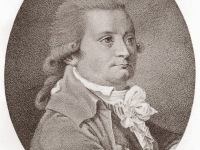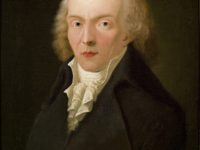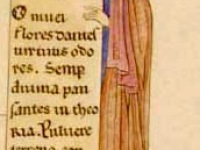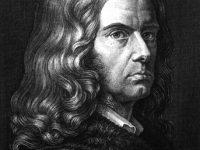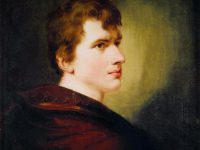Thomas Carlyle and his Obsession with “Great Man”
On December 4, 1795, Scottish philosopher, satirical writer, essayist, translator, historian, mathematician, and teacher Thomas Carlyle was born. Best known for his famous work On Heroes, Hero-Worship, and The Heroic in History, he argued that the key role in history lies in the actions of the “Great Man“. However, Carlyle is considered one of the most important social commentators of the Victorian era. “The weakest living creature, by concentrating his powers on…
Read more

